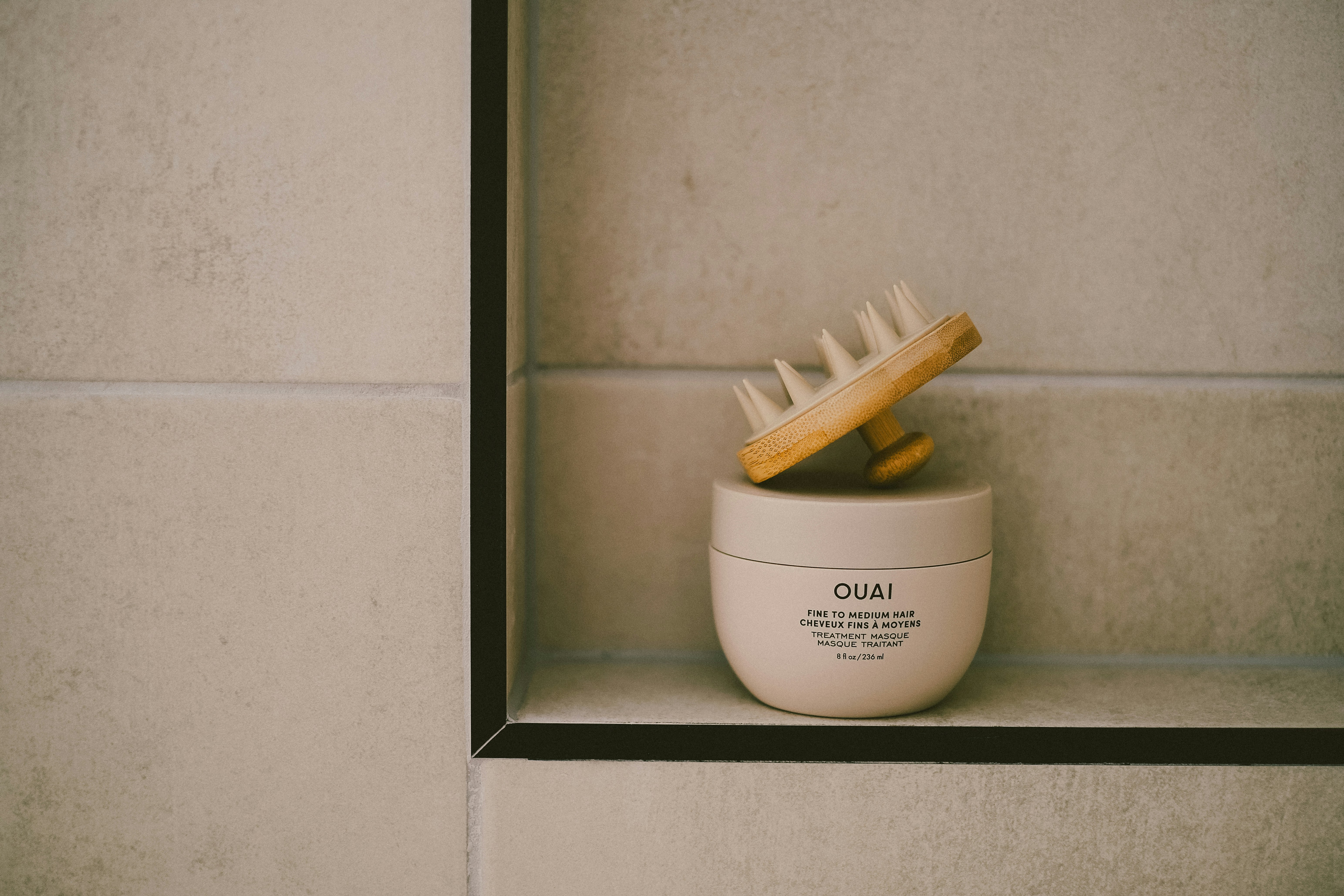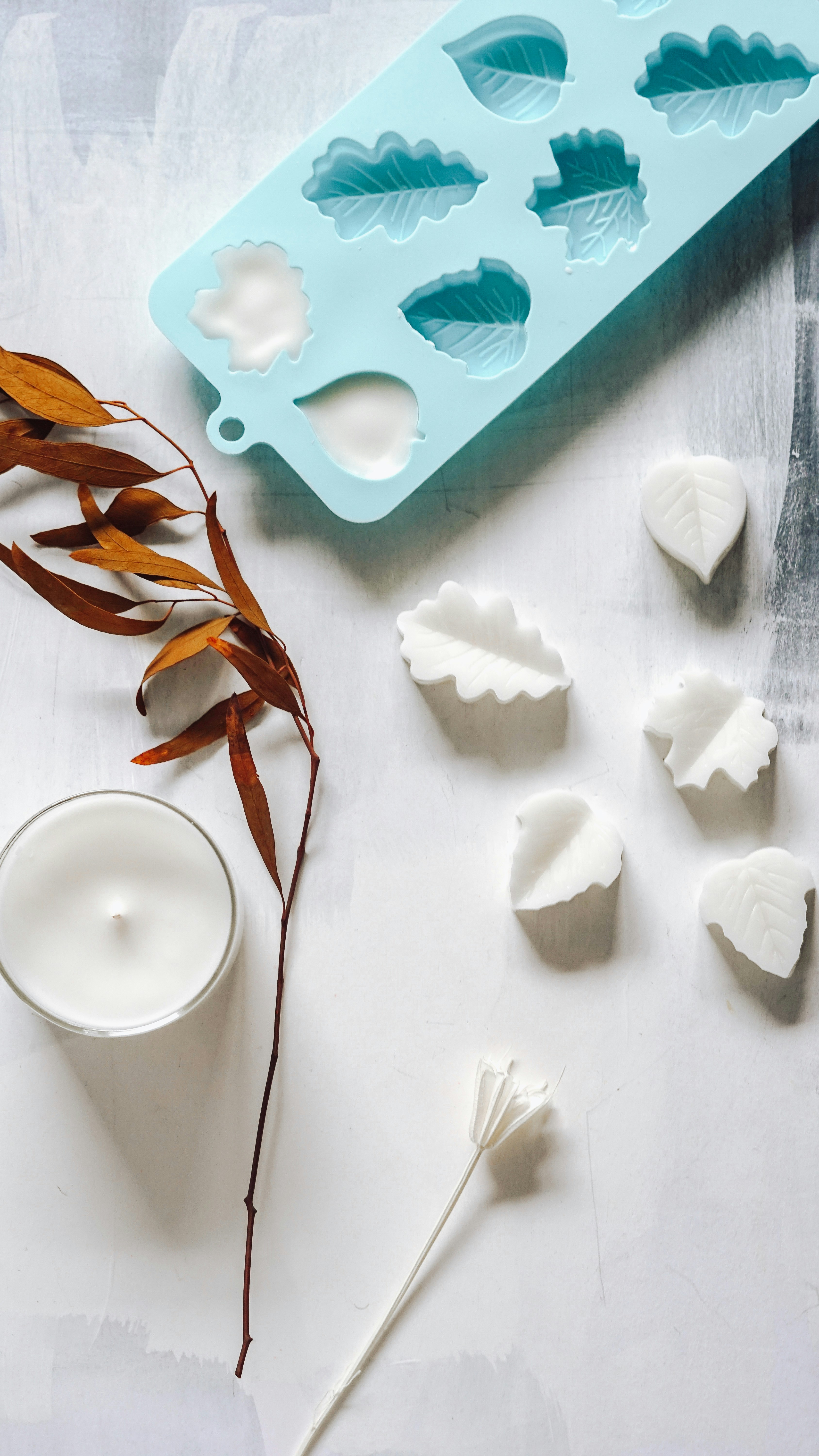What does self-care mean to you? Is it a bubble bath, curling up with a good book, or perhaps enjoying your favorite snack? Whatever your interpretation, self-care is more than just pampering. When it comes to oxalate healing, practicing good self-care can be a game changer. Let’s unpack why it’s essential and how it can improve your overall well-being.
Understanding Oxalate Sensitivity
Oxalates are naturally occurring substances found in various foods, and they can contribute to health issues, particularly when the body struggles to eliminate them effectively. If you’re experiencing symptoms like kidney stones, digestive troubles, or joint pain, it’s possible that dietary oxalates are playing a role in your discomfort.
What Exactly Are Oxalates?
Oxalates are organic compounds that can bind to minerals like calcium in your body. While many foods contain oxalates, not all of them are harmful. In fact, some may even have health benefits! The problem arises when your body has trouble processing these compounds. High oxalate levels can lead to various health issues, especially if you have a condition like hyperoxaluria.
Recognizing Symptoms
Recognizing the symptoms of oxalate sensitivity is crucial for guiding your self-care approach. Common symptoms may include:
- Kidney stones
- Digestive tract discomfort (gas, bloating)
- Muscle and joint pain
- Fatigue
If you’re experiencing these symptoms, you might want to consider your oxalate intake and look into self-care practices that can aid in healing.
The Importance of Self-Care in Healing
Self-care is often relegated to the realm of indulgence, but it plays a significant role in holistic healing, especially when dealing with specific conditions like oxalate sensitivity. Practicing self-care isn’t just about relaxation; it’s about nurturing your body and mind in ways that promote healing.
Physical Self-Care
Physical self-care focuses on your physical health and well-being. When it comes to oxalate healing, understanding how your body responds to certain foods and practices is essential.
Nutrition Matters
Food is fundamental to self-care and plays an enormous role in managing oxalate levels. You might not have to eliminate oxalates altogether, but moderation and awareness make a difference. Here’s a simple table for reference:
| Food Type | Low Oxalate Foods | High Oxalate Foods |
|---|---|---|
| Vegetables | Lettuce, Kale, Cabbage | Spinach, Beets, Swiss Chard |
| Nuts and Seeds | Macadamia Nuts, Walnuts | Almonds, Cashews |
| Grains | White Rice, Quinoa | Wheat Bran, Oats |
| Fruits | Bananas, Avocados | Raspberries, Starfruit |
As you can see, focusing on low-oxalate foods can help minimize symptoms while still providing you with the essential nutrients you need.
Hydration is Key
Staying hydrated is crucial for flushing oxalates out of your system. Aim for at least eight glasses of water daily, and consider including hydrating foods like cucumbers and melons. Not only does proper hydration support your kidneys, but it also promotes overall health, making it a vital aspect of your self-care routine.
Mental and Emotional Self-Care
Healing isn’t just a physical endeavor; it’s mental and emotional as well. If you’re struggling with oxalate-related symptoms, the toll on your mental health can be significant. Therefore, it’s essential to invest in your mental and emotional well-being.
Stress Management
Chronic stress can exacerbate physical symptoms and lead to a cycle of discomfort. Engaging in stress-relief practices can provide immediate benefits and help foster long-term resilience. Techniques you might consider include:
- Mindfulness and Meditation: These practices encourage presence and awareness, reducing stress.
- Journaling: Writing about your feelings can provide clarity and release pent-up emotions.
- Gentle Movement: Activities like yoga or tai chi can help alleviate stress, promoting a sense of bodily peace.
Building a Support System
Finding support is another crucial component of emotional self-care. Surround yourself with friends or family who understand what you’re going through. Sharing your experiences can foster connection and lessen feelings of isolation.
Building Routine for Self-Care
Incorporating self-care into your routine can be incredibly beneficial for oxalate healing. A structured approach can prevent you from neglecting these important practices.
Creating a Daily Self-Care Schedule
Consider mapping out a daily self-care schedule that emphasizes both physical and mental wellness. Here’s a basic framework you could follow:
| Time | Activity |
|---|---|
| Morning | Hydration, light stretching |
| Mid-Morning | Healthy snack (low oxalate) |
| Afternoon | Short walk or meditation |
| Evening | Journaling and relaxation |
| Night | Herbal tea before bed |
This is just a reference point. Modify it according to your lifestyle and needs, but the important thing is to establish a routine. Consistency in self-care allows your body the best chance of healing and adapting.
The Role of Professional Help
While self-care is essential, professional guidance can also provide significant value when healing from oxalate sensitivity.
Seeking Nutritional Counseling
The nuances of oxalate sensitivity can be complex, and a certified nutritionist can tailor a meal plan that suits your needs while ensuring you get the necessary nutrients. They can guide you through elimination diets or help you develop lifelong habits for healthy eating.
Psychological Support
If you’re feeling overwhelmed, seeking a mental health professional can contribute to your healing journey. Therapy or counseling can equip you with coping strategies to deal with anxiety, depression, or any other emotional toll you might be experiencing due to physical symptoms.
Self-Care as a Long-Term Lifestyle Change
Real change doesn’t happen overnight; it’s about gradual adjustments that become part of your lifestyle.
Evolving Your Self-Care Practices
Over time, you may find that your self-care needs evolve. What works for you now may shift as you heal and grow. Be open to experimenting with different practices. Whether it’s trying a new low-oxalate recipe, incorporating new stress-relief techniques, or joining a community of like-minded individuals, growth is part of the process.
Acknowledging Progress
Celebrating small milestones on your self-care journey can motivate you to keep going. Take note of how your symptoms improve, how you feel mentally, and how your lifestyle changes positively impact your everyday life. Acknowledgment fosters resilience and encourages ongoing self-care.
Conclusion: Embrace Your Healing Journey
The journey to healing from oxalate sensitivity is multifaceted and requires attention to both physical and emotional well-being. Embracing self-care is not selfish; it’s a necessity. You deserve to feel whole and healthy, and self-care can guide you on this path.
As you move forward, remember that every step counts, no matter how small. Whether you’re adjusting your diet, managing stress, or seeking support, you’re taking important strides toward recovery. So prioritize yourself; after all, self-care is an essential step in healing from oxalate sensitivity. Taking care of your body and mind allows you to reclaim your health and, ultimately, enjoy life to the fullest.




